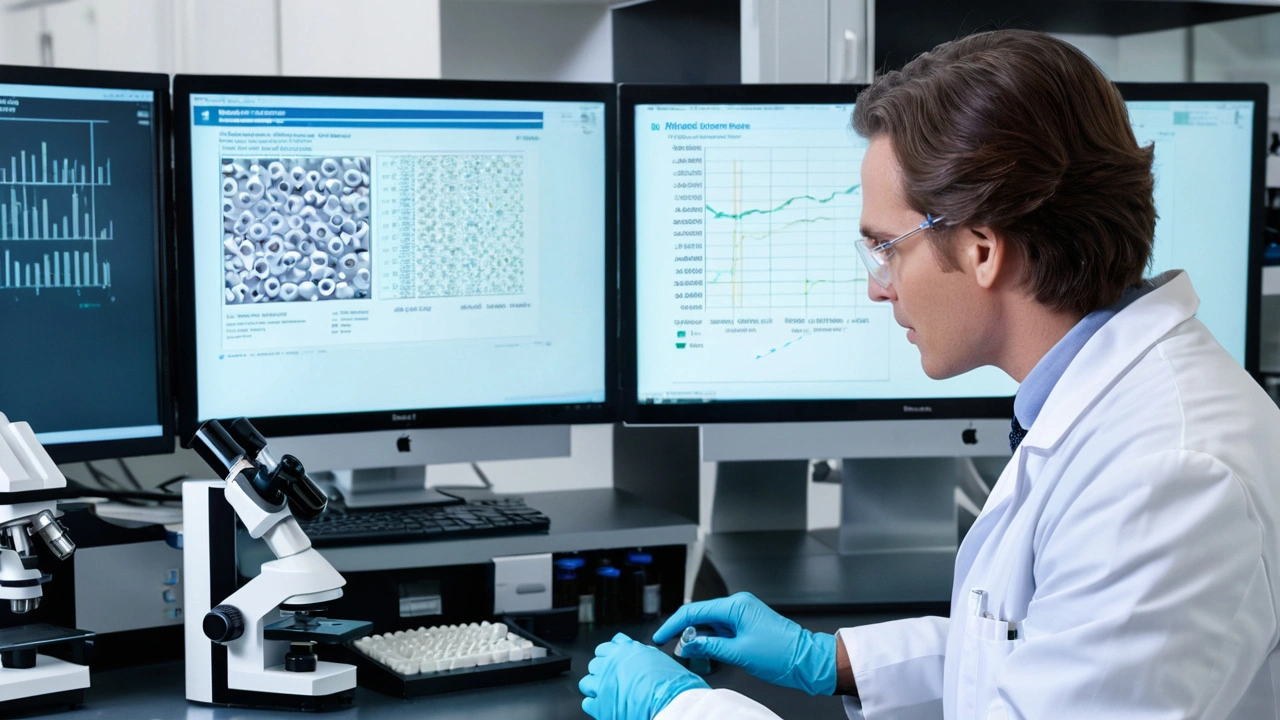Antibiotics — when to use them and how to stay safe
Antibiotics can save your life, but they don’t help every infection. They treat bacterial infections, not viruses like the common cold or most sore throats. Using antibiotics when you don’t need them makes them less likely to work next time.
If a doctor prescribes an antibiotic, follow directions exactly: take the right dose, at the right times, and finish the course unless your clinician says otherwise. Stopping early or saving pills for later lets bacteria survive and adapt. Don’t share antibiotics or use someone else’s prescription — what worked for one person may be wrong or unsafe for you.
Watch for side effects and interactions. Some antibiotics can upset your stomach, cause allergic reactions, or interact with other medicines and supplements. If you notice a rash, breathing trouble, severe diarrhea, or anything worrying, stop the drug and contact a healthcare professional right away.
How to reduce antibiotic resistance in everyday life
You have a real role in slowing resistance. Don’t pressure clinicians for antibiotics when symptoms suggest a virus. Ask about testing or symptom-focused care instead. Practice good hygiene—handwashing and safe food handling cut infections and the need for antibiotics. Keep vaccinations up to date so preventable bacterial infections don’t happen in the first place.
When you finish antibiotics, dispose of leftovers safely. Don’t keep them for “next time.” If you’re unsure about disposal, ask your pharmacist — many take back unused medicines. If you can’t see a doctor quickly, pharmacists can often advise whether an over-the-counter option or urgent care visit makes sense.
Related GoGoMeds articles worth reading
Want deeper reading? Here are helpful pieces on this tag:
Can You Buy Bactrim OTC Alternatives? — Pharmacists’ advice on legal over-the-counter options and safe self-medication when you can’t get a script.
Mefloquine: A New Hope Against Drug-Resistant Tuberculosis — A look at research into mefloquine’s role for resistant TB strains and what that might mean for treatment.
Clotrimazole Cream for Baby Yeast Infection — Not an antibiotic but useful when infections are fungal; clear guidance for parents on safe use.
Imiquimod as a Treatment for Angiosarcoma — Explores topical immune response modifiers used in skin conditions and some cancers.
Best Natural Supplements as Alternatives to Hydroxychloroquine — Reviews anti-inflammatory supplements that people consider when avoiding certain prescription drugs.
Use these posts to learn specifics, but always check with a clinician for treatment choices that affect your health. If you’re unsure about a symptom or a prescription, call your doctor or pharmacist — quick questions now can prevent bigger problems later.


